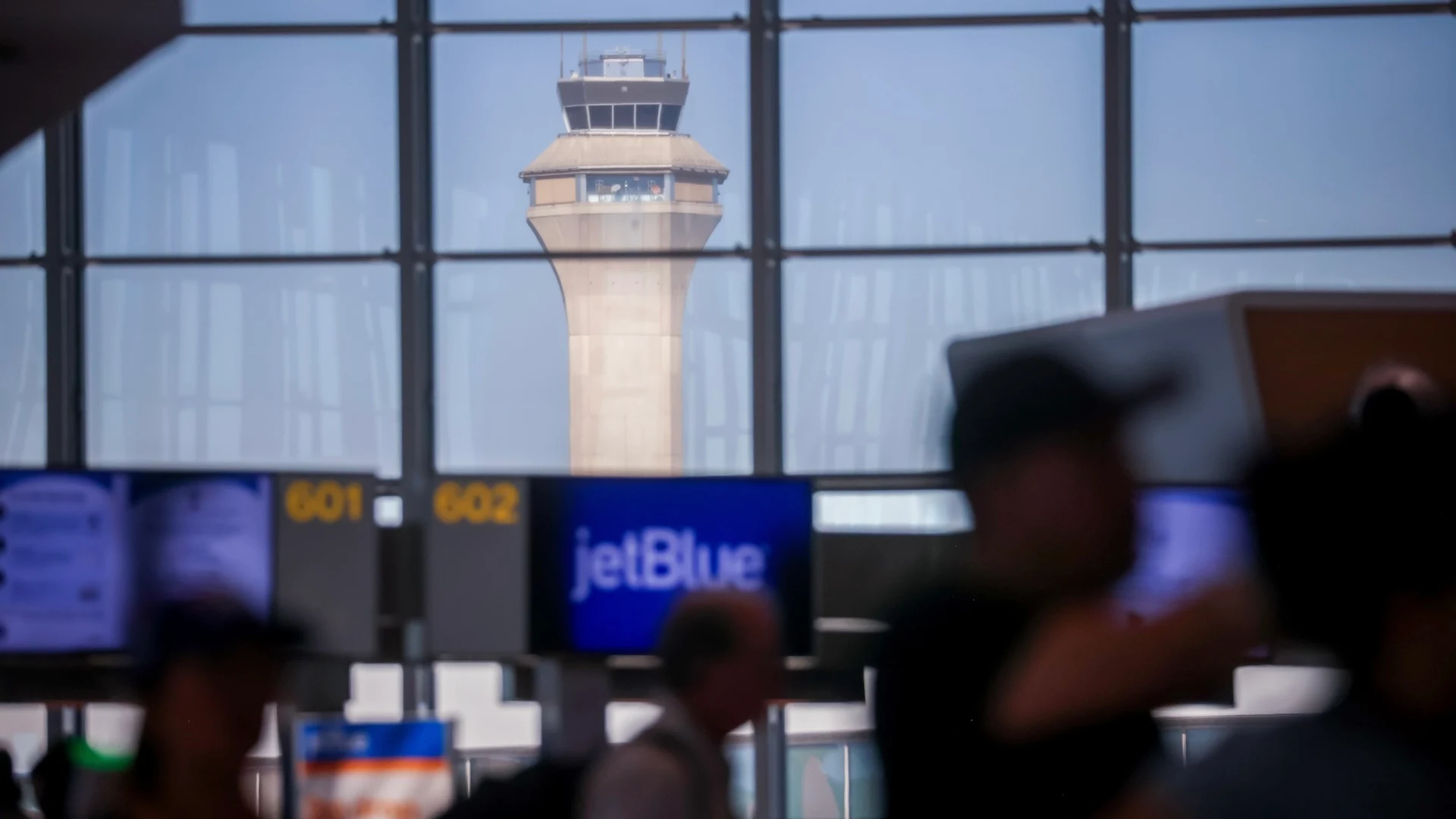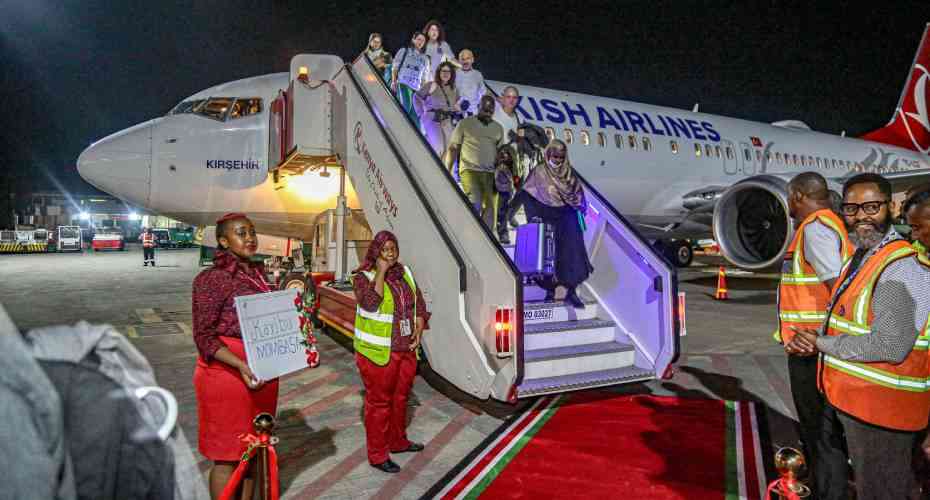Copyright Inc. Magazine

Air traffic controllers missed their first paychecks Tuesday amid the ongoing U.S. government shutdown. One controller, Zac Ploch, is speaking out. With 10 years of experience, Ploch has spent the last three years working at Denver International Airport. He told FOX31 he worked nearly 60 hours last week, but yesterday his paycheck showed zeros. Expenses are stacking up for federal workers, he says. “Mortgage statements, credit card bills, light bills, gas in my car, or electric in some people’s cars, just to get to and from work, to be able to get to their job that doesn’t wait, that doesn’t take an ‘IOU,’” Ploch says. The Federal Aviation Administration was already nearly three thousand controllers short before the shutdown, as a reported 35% of FAA trainees fail to complete the 3-month course. Now, the program is facing another challenge: future air traffic controllers currently undergoing training are having second thoughts. Featured Video An Inc.com Featured Presentation “I’m getting word now from Oklahoma city where I have young air traffic controller students who are now telling me, ‘what the hell am I doing? Why am I going to take this job?’” Transportation Secretary Sean Duffy told NPR last week. “They’re thinking about leaving the academy, smart young men and women, because they don’t want to work for a system that won’t pay them.” The training academy is able to operate with funding through the end of November, meaning trainees are still getting paid, says National Air Traffic Controllers Association (NATCA) President Nick Daniels. But as soon as they graduate, the pay is uncertain. “[A]ir traffic controllers don’t start or stop government shutdowns—politicians do,” Daniels said in a statement. “Yet right now, the people who keep our skies safe and our nation moving are doing their job without a paycheck.” Controllers handed out leaflets across 22 airports this week to educate travelers about the impact of the shutdown. For now, they continue to work up to six days a week, 10 hours a day, without compensation. In a Tuesday press conference, Duffy said that while air travel will remain safe, it may not be on time if airports can’t keep enough air traffic controllers working. “If we have issues, we will slow it down, we will stop it, and so I don’t want anyone to think it’s not safe, it’s just that you may not be traveling on the schedule you anticipated,” Duffy said.



